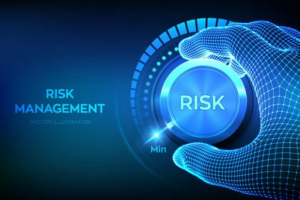The Rise of Artificial Intelligence

Artificial intelligence has been one of the most exciting fields in technology recently. AI has the potential to vastly change our lives and society in the coming decades. Many tech giants such as Google, Microsoft and Baidu have poured billions of dollars into AI research and applications. Startups around the world are also springing up and applying AI to transform various industries.
Some of the recent breakthroughs in AI include Google DeepMind’s AlphaGo defeating the world champion in the game Go, self-driving cars by companies like Tesla and Waymo, and AI systems that have achieved human-level performance on some specific tasks such as identifying objects in images or transcribing speech to text. Scientists have also made progress in developing AI with common sense reasoning and multi-task learning capabilities.
However, artificial general intelligence that matches human intelligence is still quite challenging and remains mostly in the realm of science fiction. The current AI systems are narrow in scope and are designed to perform specific, limited tasks, though some can perform at superhuman levels in their areas of specialty. Researchers predict that human-level AI may be achieved in the coming 15 to 25 years if progress continues rapidly. But many hurdles still have to be overcome.
One major challenge is that we still don’t fully understand human intelligence ourselves. The human brain is an amazingly complex system that consists of billions of neurons with trillions of connections. Deciphering how the brain works and replicates it in a computer system has proven to be formidable. In addition, AI systems require massive amounts of data to learn how to perform tasks like image recognition, machine translation or strategy games. The scarcity of data in some domains has stalled progress.
If advanced AI does come to fruition, it may significantly transform our jobs, transportation systems and society. Many routine jobs will likely be replaced while some new types of jobs will emerge. AI can also enable new solutions for enhanced efficiency and productivity. However, the rise of superintelligent systems also poses risks and challenges that researchers and policymakers need to grapple with proactively. Regulations and guidelines may be needed to ensure that AI progresses safely and for the benefit of humanity.
Artificial intelligence holds both promises and perils. With responsible innovation and governance, AI can vastly improve our world in fields such as healthcare, education, environmental protection and scientific exploration. The future with AI will likely lead to both disruption and amazing breakthroughs that may fundamentally change what it means to be human. AI will be at the frontier that shapes the coming centuries. Overall, the rise of AI will drive society to adapt to a world where artificial and human intelligence cooperate. But we must make the right choices today to ensure that tomorrow’s advanced AI serves humanity.






